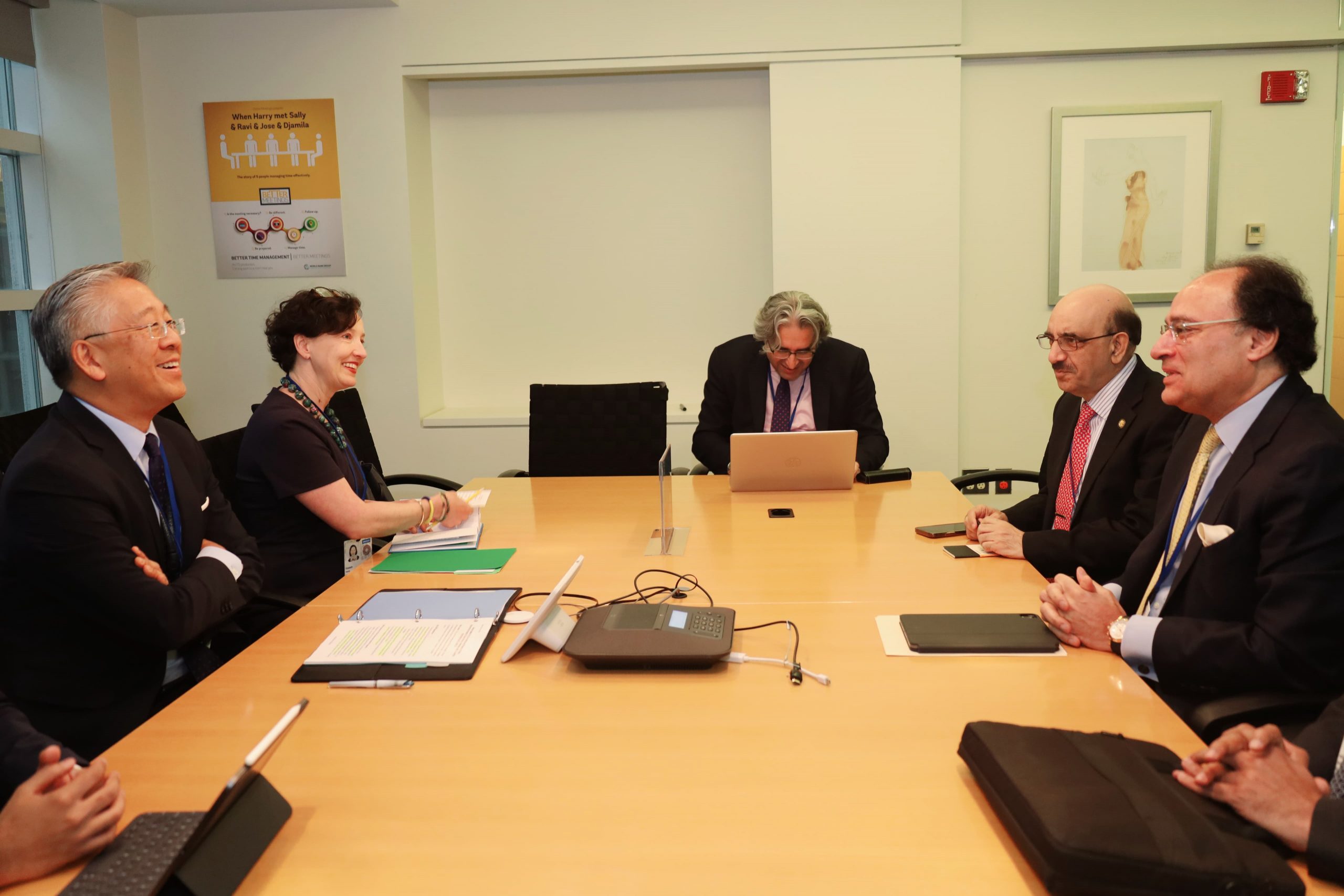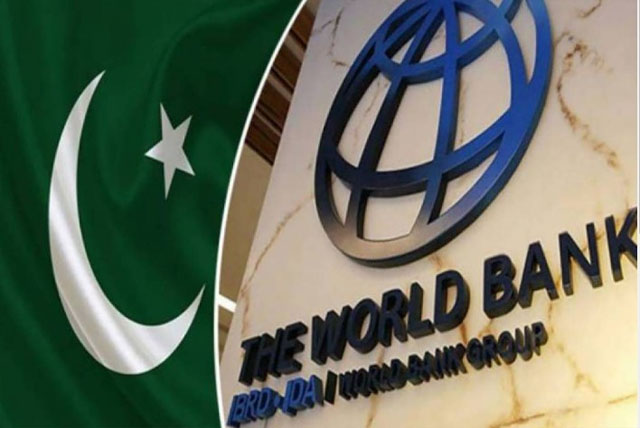June 3, 2019 (MLN): The peoples’ speculations about the implementation of an Egypt-like IMF Programme given the new SBP Governor, Dr. Reza Baqir’s background as the IMF’s senior resident representative to Egypt over the past two years, the analysts continue to ponder what implications Egypt’s experience with the IMF could have for Pakistan’s market.
Egypt’s IMF programme began nearly three years ago after a slow- burning BOP crisis, the first step was a 48% devaluation of Egypt in early November 2016, which we use as a yardstick for Egyptian Stock performance.
Stocks rallied quickly after the FX move, but subsequent performance has been somewhat disappointing.
On the other hand, Pakistan Stocks have already priced in much of the slowdown since the 2017 peak and the heavy weight of banks and E&P companies in the market may support stock performance. However, as in Egypt, high interest rates and the economic cycle will be constraints on a lasting market recovery.
EFG Hermes in its latest research note highlights the lessons for Pakistan’s market from Egypt’s IMF deal.
According to the research house, on the banking side, Egypt and Pakistan both show that banks can generate good ROEs by providing loans to the government with a wide margin. Egypt saw a big hit to domestic demand because of falling disposable incomes and weak business sentiment, even the demand for some staples was less inelastic than expected. Cyclical businesses may take some years to recover.
Meanwhile, USD hedges saw large rally before devaluation, but foreign exchange shortage hit consumer, industrials, and material sectors. In the year preceding the widely-expected EGP floatation (3 Nov 2016), businesses with earnings in USD outperformed.
Rising ROEs were supportive for banks, though that stock also benefited from the GDR swap trade through which companies repatriated funds from Egypt. Demand was squeezed for consumer, industrial and materials companies even before the November 2016 devaluation, and problems securing foreign exchange led to low capacity utilisation, “the latter is not yet an issue for Pakistani companies, but the former is”, says the report.
Year post-devaluation, returns across the board were positive for all big names. Among the biggest winners were industrials and materials companies that were able to increase capacity utilisation.
However, the massive hit to disposable incomes (devaluation, subsidy reforms, and low wage growth) had some unexpected effects on staples – some food producers saw large share price underperformance.
Now, 30 months after devaluation, macro environment is stabilising. Staples are seeing a recovery in margins and sales, but some stocks have given back gains made immediately after devaluation. Overall market performance has been poor despite the improvement in growth & macro balances.
Furthermore, Egyptian policy rates remain very high despite 300bps in cuts since the peak of 19.75% and 18.75% of lending and deposit rates, respectively, in 2017 – a mid-corridor rate of 19.25% makes fixed income far more attractive for many local investors, and it has also been bad for highly leveraged companies.
On the other hand, Pakistan’s local market is also being squeezed by higher policy rates – mutual funds have seen heavy redemptions, and volumes have plummeted.
However, there are some reasons why Pakistan may see rate cuts sooner than Egypt. Pakistan has less to do in terms of FX moves and subsidy reforms, and so inflation may normalise more quickly.
Contrary to this, Citi Research in its research report highlights the two major hallmarks of Egypt’s IMF program that may draw parallels to Pakistan.
First, unlike Egypt, Pakistan doesn’t have tourism or dynamic export sector that can benefit from weaker FX, and thus, the external adjustment may be harder, borne more by import compression alongside supporting remittances, but relying on FX too much exacerbates inflation, which will worsen on pending electricity and gas price hikes.
“Given the trade-offs, interest rates will bear a relatively bigger brunt of the adjustment” says the report.
Second, is the importance of fiscal adjustment, including new taxes as Pakistan has reportedly agreed to a new single-VAT regime, aimed at raising 2.6% of GDP in taxes over the next 3 years. The likely tough battle ahead is fiscal reforms requires legislation.
Copyright Mettis Link News
28267







